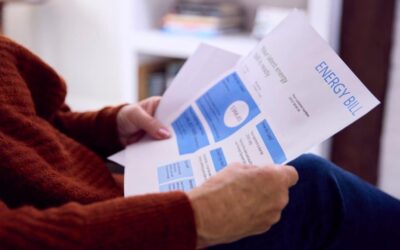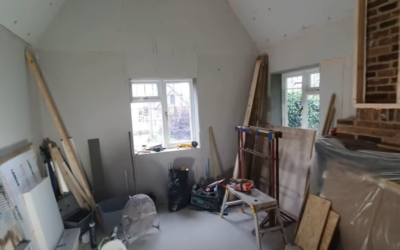In today’s world, where environmental sustainability goes hand in hand with financial savings, conducting a home energy audit stands out as a pivotal first step for homeowners keen on reducing their energy bills and footprint. This guide dives deep into how a home energy audit can be the gateway to substantial cost savings, showcasing the seamless blend of eco-conscious living with economical household management.
What is a Home Energy Audit?
A home energy audit meticulously assesses your home’s energy usage. It’s a process akin to a doctor’s check-up but for your home, pinpointing where your house is losing energy and how efficiently it’s using the energy it consumes. The audit involves a thorough inspection of insulation levels, heating and cooling systems, windows, and doors, among other elements, to craft a comprehensive energy usage profile.
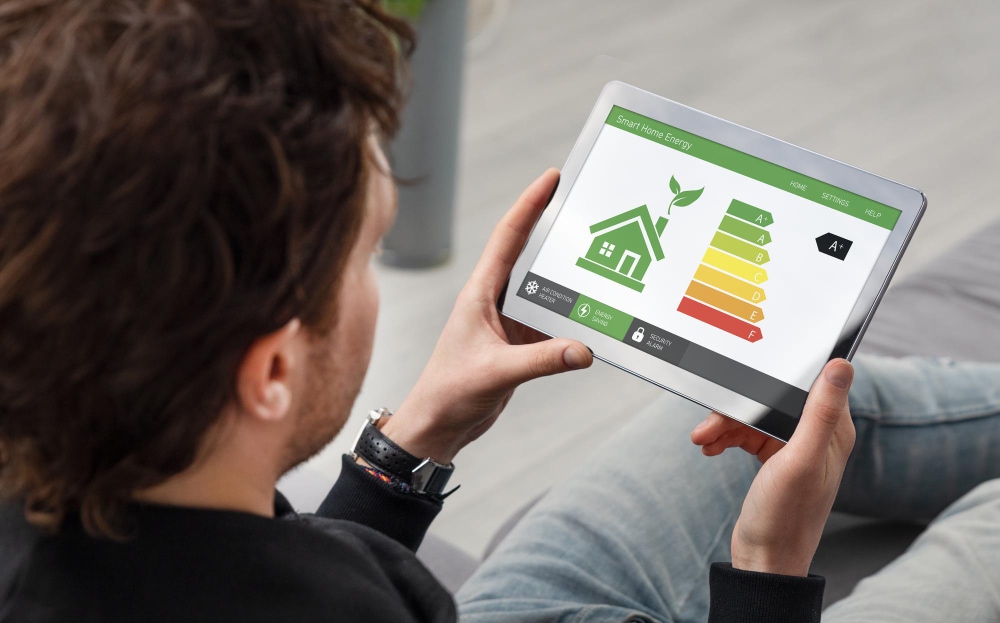
Home energy audit
The Benefits of Conducting an Energy Audit
Why should you consider an energy audit?
- Cost Reduction: The primary motivator for many, identifying and rectifying inefficiencies can lead to significant savings on utility bills.
- Enhanced Home Comfort: Addressing issues like drafts and uneven heating improves your living environment.
- Environmental Impact: Reducing energy consumption contributes to lower carbon emissions, aligning your household with broader environmental goals.
How to Prepare for a Home Energy Audit
Preparing for a home energy audit is a bit like getting ready for a comprehensive health check-up, but for your house. The goal is to ensure every nook and cranny is accessible and ready for assessment, to truly gauge where your home stands energy-wise. Here’s how you can set the stage for a thorough and effective energy audit, ensuring the process goes smoothly and yields the most insightful results:
- Clear Access: Start by making sure that the auditor can easily access key areas of your home. This includes attics, basements, crawl spaces, and utility rooms. It’s not just about opening doors; it’s also about moving any furniture, boxes, or other obstacles that might block access to walls, windows, and heating systems.
- Gather Your Bills: Dig out your energy bills from the past year, or even better, the last two years. These records are incredibly valuable as they give the auditor a clear picture of your home’s energy consumption patterns across different seasons.
- List Known Issues: Take a moment to jot down any problems you’ve noticed around the house that could be related to energy loss. This might include:
- Drafty areas: Places where you’ve felt cold air coming in, especially around doors and windows.
- Condensation: Noticeable moisture build-up on windows or in certain rooms, suggesting poor ventilation or insulation.
- Temperature inconsistencies: Rooms that are significantly warmer or cooler than others, indicating potential issues with your heating, ventilation, and air conditioning (HVAC) system or insulation.
- Note Any Changes: If you’ve made any recent changes to your home, such as adding insulation, upgrading windows, or changing heating and cooling systems, let the auditor know. These changes can affect the audit’s outcome and recommendations.
- Prepare Your Questions: Lastly, think about any questions or concerns you might have regarding your home’s energy use. Perhaps you’re curious about solar panels, upgrading your boiler, or other renewable energy solutions. Having these questions ready will make your time with the auditor even more productive.
This bit of preparation doesn’t just facilitate a smoother audit process; it ensures the auditor can provide you with the most tailored, actionable recommendations to make your home more energy-efficient. By taking these steps, you’re not just opening your doors to the auditor; you’re opening up possibilities for significant energy savings and environmental benefits.
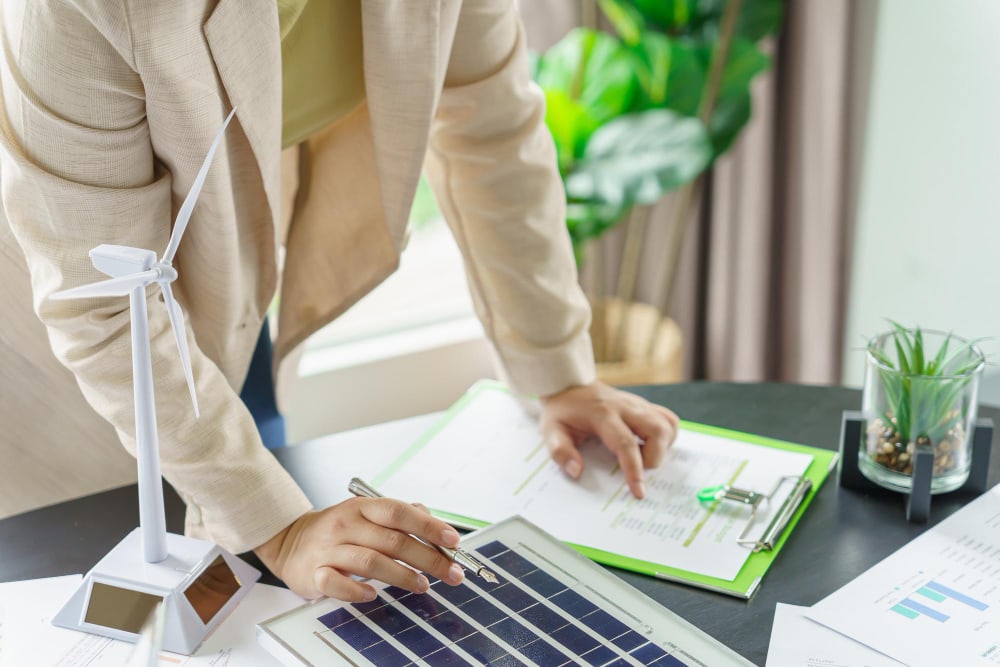
Home energy audit results
Understanding the Results of Your Home Energy Audit
Post-audit, you’ll receive a detailed report highlighting energy inefficiencies and recommendations for improvement. The trick lies in prioritising these actions based on their impact and cost-effectiveness. Simple changes, like sealing leaks or upgrading to LED lighting, can offer quick wins, while more significant investments, such as replacing old heating systems, may require careful financial planning.
Implementing Audit Recommendations
For the DIY Enthusiast:
- Sealing Gaps and Leaks: A project that might sound mundane but is incredibly effective. Armed with caulk and weather stripping, you can tackle those drafty windows and doors over a weekend. It’s a simple yet satisfying task that not only reduces energy loss but also immediately improves the comfort of your home.
- Adding Insulation to Attics: If you’re comfortable navigating your attic, adding extra insulation can be a manageable project. It’s about rolling up your sleeves and laying down the insulation materials, ensuring that your home retains heat during winter and stays cool during the summer months.
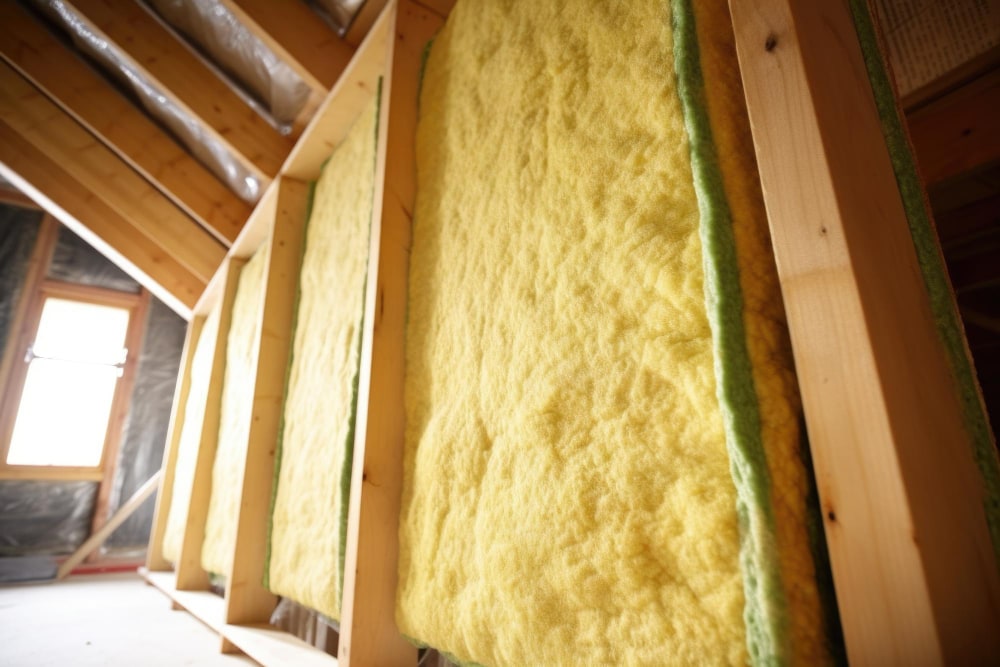
Home energy protection insulation
When to Call in the Professionals:
- Upgrading Insulation: While adding loft or cavity wall insulation to accessible areas might be within your wheelhouse, insulating walls or crawl spaces often requires the expertise of a professional. They can assess the best type of insulation for your home and ensure it’s installed correctly for maximum efficiency.
- Installing New Windows: Replacing old, leaky windows with energy-efficient models is a job for skilled technicians. They can ensure that the new windows are a perfect fit and properly sealed, eliminating drafts and reducing energy consumption.
- HVAC System Overhaul: If your audit suggests that your heating, ventilation, and air conditioning system is outdated or inefficient, this is a complex project best handled by experts. They can advise on the best system for your home, ensuring it’s properly sized and installed for optimal performance.
Whether tackling projects yourself or enlisting professional help, it’s crucial to prioritise the recommendations based on their impact and your budget. Start with the changes that will make the biggest difference to your energy bills and comfort level. Remember, even the smallest improvements can add up to significant savings over time.
By taking a proactive approach to implementing your audit’s recommendations, you’re not just making upgrades to your home; you’re investing in its future. You’re also contributing to a larger effort to conserve energy and protect our environment. So, whether you’re filling gaps and sealing leaks yourself or coordinating with contractors for major renovations, you’re taking essential steps towards a more sustainable and cost-effective home.
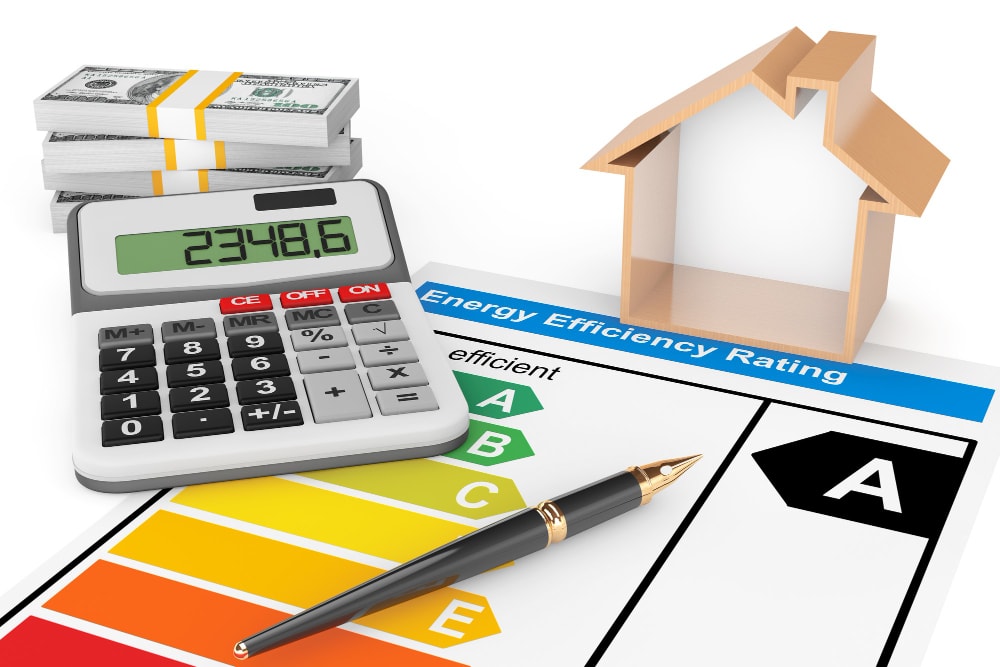
Home energy efficiency audit
In wrapping up, it’s clear that a home energy audit isn’t merely a tick-box exercise. Far from it, it’s a strategic blueprint that sets you on a path to not just a home that’s more efficient in its energy use, but also one that aligns with both your financial goals and environmental values. This audit can be the catalyst for transformative change, guiding you through the necessary steps to optimise your home’s energy consumption, reduce wastage, and ultimately, lower your energy bills.
The benefits of acting on an energy audit’s recommendations are manifold. For starters, there’s the immediate impact on your energy bills. By identifying and rectifying areas where energy is wasted, you can see a significant reduction in monthly costs. But the perks go beyond just savings. There’s the undeniable comfort factor; a well-insulated home free from drafts and cold spots is a more comfortable home. It’s about creating a living space that feels just right, all year round.
Moreover, there’s a bigger picture to consider. Each step you take towards making your home energy efficient is a step towards reducing your carbon footprint. It’s about taking responsibility for your impact on the planet, however big or small your contribution might be. In a world grappling with climate change, every action counts. And when it comes to making a difference, the satisfaction you get from knowing you’re part of the solution, not the problem, is immeasurable.



